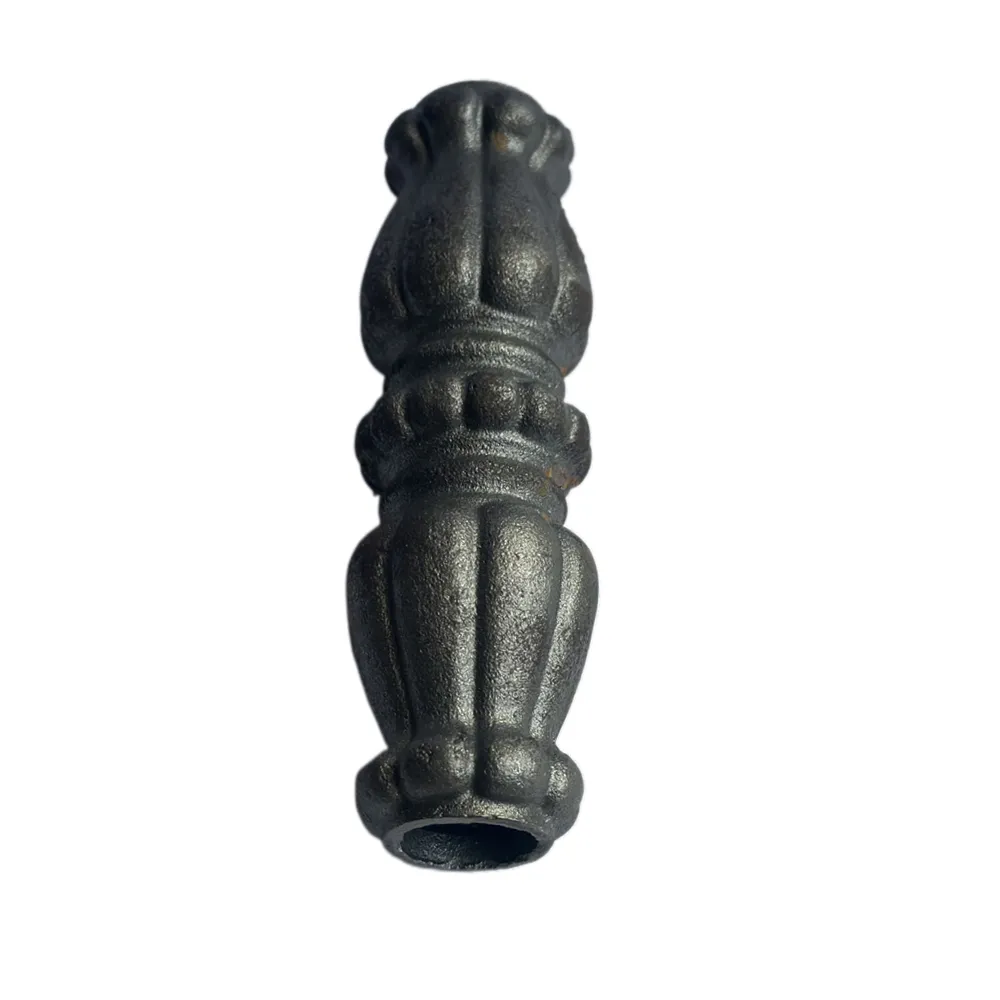Exploring the Beauty and Durability of Cast Iron Ornamental Designs for Modern Architecture and Decor
The Art and Craft of Cast Iron Ornamental Design
Cast iron ornamental design is a fascinating aspect of metallurgy that has captivated artists and craftsmen for centuries. Known for its durability, versatility, and aesthetic appeal, cast iron has been utilized in a variety of applications, from architectural elements to garden decorations. This article delves into the history, techniques, and contemporary uses of cast iron ornaments, showcasing why they remain a popular choice in design today.
Historical Context
The practice of using cast iron for ornamental purposes dates back to the early 18th century during the Industrial Revolution. With advancements in metal casting technology, artisans began to realize the potential of cast iron not just as a structural material but also as a medium for artistic expression. Initially, cast iron was primarily used in the production of functional items like stoves and railings. However, as public interest grew in decorative arts, craftsmen started to create intricate designs that adorned buildings, bridges, and public spaces.
Historically, Victorian architecture is renowned for its lavish use of cast iron ornaments. Elements such as balustrades, gates, and window grilles featured elaborate patterns and motifs that reflected the era’s fascination with nature and the gothic revival. Cast iron became a hallmark of this period, embodying both strength and ornamental beauty.
Techniques of Cast Iron Ornamentation
The process of creating cast iron ornaments typically involves several steps designing, creating molds, casting, and finishing. It all begins with a design, often inspired by natural forms, historical patterns, or even abstract concepts. Artists draft detailed blueprints that will guide the entire casting process.
cast iron ornamental

Once the design is finalized, molds are created. Molds can be made from a variety of materials, including sand or metal, depending on the desired precision and detail. The choice of mold affects the texture and finish of the final product. After the molds are prepared, molten iron is poured into them. Once cooled, the cast iron takes the shape of the mold, complete with intricate details.
Finishing touches involve grinding, polishing, and sometimes painting the ornamental piece. This step not only enhances the visual appeal but also adds protective coatings to ensure the longevity of the ornament in various weather conditions.
Contemporary Applications
In contemporary design, cast iron ornamental pieces have enjoyed a resurgence, particularly in urban planning and interior decor. As cities revive older architectural styles, cast iron elements are being reintroduced to enhance the aesthetic appeal of public spaces. Park benches, light posts, and decorative fencing crafted from cast iron can be seen dotting city landscapes, offering both functionality and a classic charm.
In interior design, cast iron ornaments add texture and elegance to homes. From decorative wall brackets to intricate fireplace surrounds, these pieces can serve as focal points within a room. Additionally, the trend of incorporating rustic elements into modern design has brought cast iron back into the limelight, making it a sought-after material for homeowners and interior designers alike.
Conclusion
The art of cast iron ornamental design highlights the intersection of functionality and beauty. From its historical roots in the Industrial Revolution to its modern revival in urban and interior design, cast iron continues to charm with its strength and aesthetic versatility. As we embrace new technologies and materials, the timeless appeal of cast iron remains hard to replicate. Its ability to blend artistry with durability ensures that cast iron ornaments will remain a beloved choice for generations to come. Whether found in historical buildings or contemporary homes, cast iron ornaments stand as a testament to the enduring nature of craftsmanship.
-
Wrought Iron Components: Timeless Elegance and Structural StrengthNewsJul.28,2025
-
Window Hardware Essentials: Rollers, Handles, and Locking SolutionsNewsJul.28,2025
-
Small Agricultural Processing Machines: Corn Threshers, Cassava Chippers, Grain Peelers & Chaff CuttersNewsJul.28,2025
-
Sliding Rollers: Smooth, Silent, and Built to LastNewsJul.28,2025
-
Cast Iron Stoves: Timeless Heating with Modern EfficiencyNewsJul.28,2025
-
Cast Iron Pipe and Fitting: Durable, Fire-Resistant Solutions for Plumbing and DrainageNewsJul.28,2025
-
 Wrought Iron Components: Timeless Elegance and Structural StrengthJul-28-2025Wrought Iron Components: Timeless Elegance and Structural Strength
Wrought Iron Components: Timeless Elegance and Structural StrengthJul-28-2025Wrought Iron Components: Timeless Elegance and Structural Strength -
 Window Hardware Essentials: Rollers, Handles, and Locking SolutionsJul-28-2025Window Hardware Essentials: Rollers, Handles, and Locking Solutions
Window Hardware Essentials: Rollers, Handles, and Locking SolutionsJul-28-2025Window Hardware Essentials: Rollers, Handles, and Locking Solutions -
 Small Agricultural Processing Machines: Corn Threshers, Cassava Chippers, Grain Peelers & Chaff CuttersJul-28-2025Small Agricultural Processing Machines: Corn Threshers, Cassava Chippers, Grain Peelers & Chaff Cutters
Small Agricultural Processing Machines: Corn Threshers, Cassava Chippers, Grain Peelers & Chaff CuttersJul-28-2025Small Agricultural Processing Machines: Corn Threshers, Cassava Chippers, Grain Peelers & Chaff Cutters












